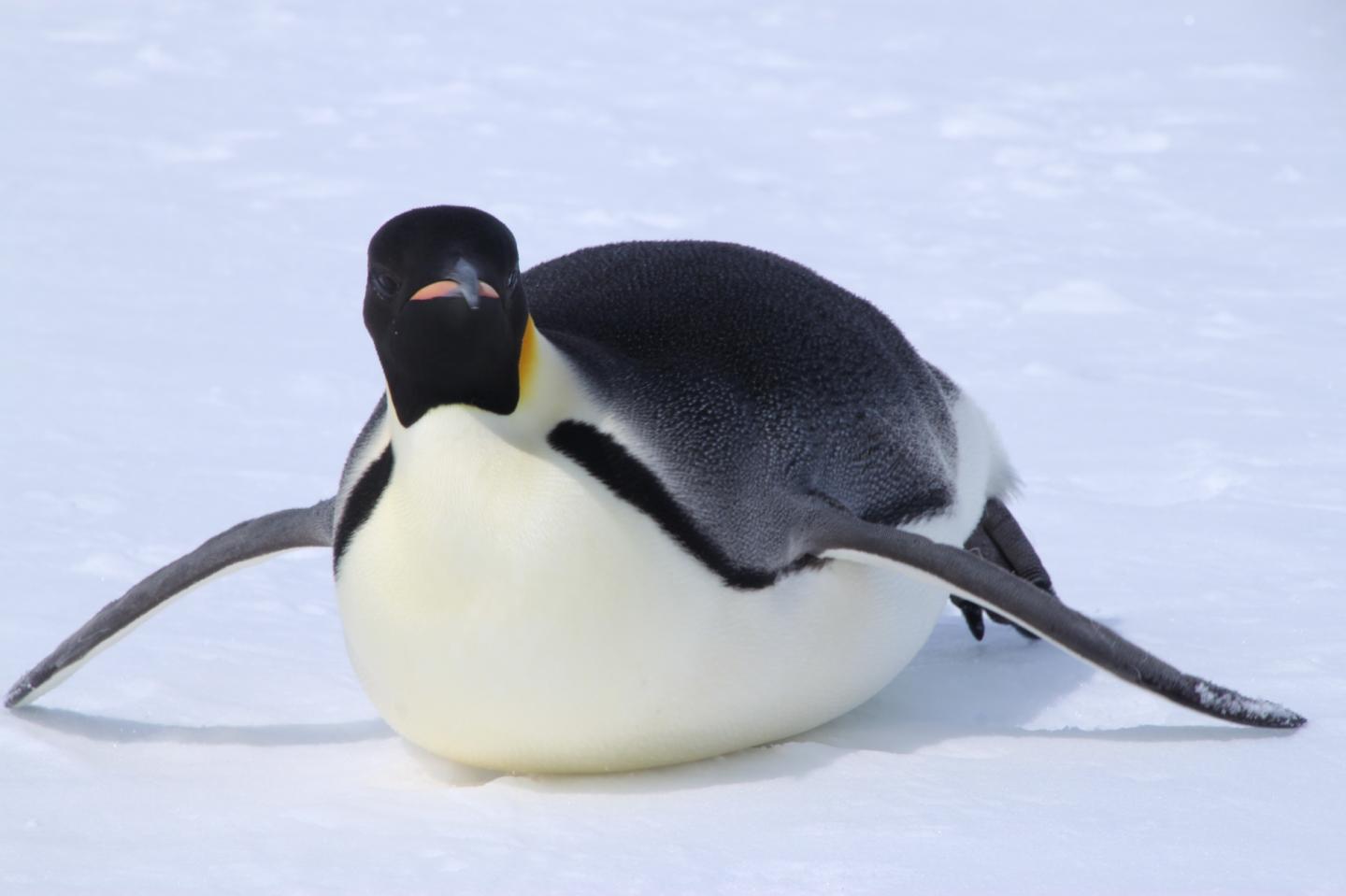Indeed. During the last interglacial, what is colloquially called an ice age though it has been such non-stop for a few million years, only three populations of emperor penguins may have survived, because much of the rest of Antarctica was uninhabitable due to the amount of ice.
30,000 years ago, the Ross Sea in Antarctica was likely the refuge for one of these populations. Cold conditions in the past were too extreme for large populations to survive. Researchers examined the genetic diversity of modern and ancient emperor penguin populations in Antarctica to estimate how they had been changing over time. The iconic species is famed for its adaptations to its icy world, breeding on sea ice during the Antarctic winter when temperatures regularly drop below -30 °C. However, the team discovered that conditions were probably too harsh for emperor penguins during the last ice age and that the population was roughly seven times smaller than today and split up into three refugial populations.

The tobogganing is pretty good today compared to the last big climate change event. Credit: Barbara Wienecke
Gemma Clucas, a PhD student from Ocean and Earth Science at the University of Southampton and co-author of a recent paper, explained, "Due to there being about twice as much sea ice during the last ice age, the penguins were unable to breed in more than a few locations around Antarctica. The distances from the open ocean, where the penguins feed, to the stable sea ice, where they breed, was probably too far. The three populations that did manage to survive may have done so by breeding near to polynyas - areas of ocean that are kept free of sea ice by wind and currents."
One of these polynyas that supported a population of emperor penguins throughout the last ice age was probably in the Ross Sea. The researchers found that emperor penguins that breed in the Ross Sea are genetically distinct from other emperor penguins around Antarctica.
Jane Younger, a PhD student from the Australian Institute for Marine and Antarctic Sciences and the other lead author of the paper, said: "Our research suggests that the populations became isolated during the last ice age, pointing to the fact that the Ross Sea could have been an important refuge for emperor penguins and possibly other species too."
Climate change may affect the Ross Sea last out of all regions of Antarctica. Due to changes in wind patterns associated with climate change, the Ross Sea has in fact experienced increases rather than decreases in the extent of winter sea ice over the last few decades, although this pattern is predicted to reverse by the end of the century.
Dr Tom Hart from the University of Oxford and one of the organisers of this study added: "It is interesting that the Ross Sea emerges as a distinct population and a refuge for the species. It adds to the argument that the Ross Sea might need special protection."
Published in Global Change Biology.





Comments